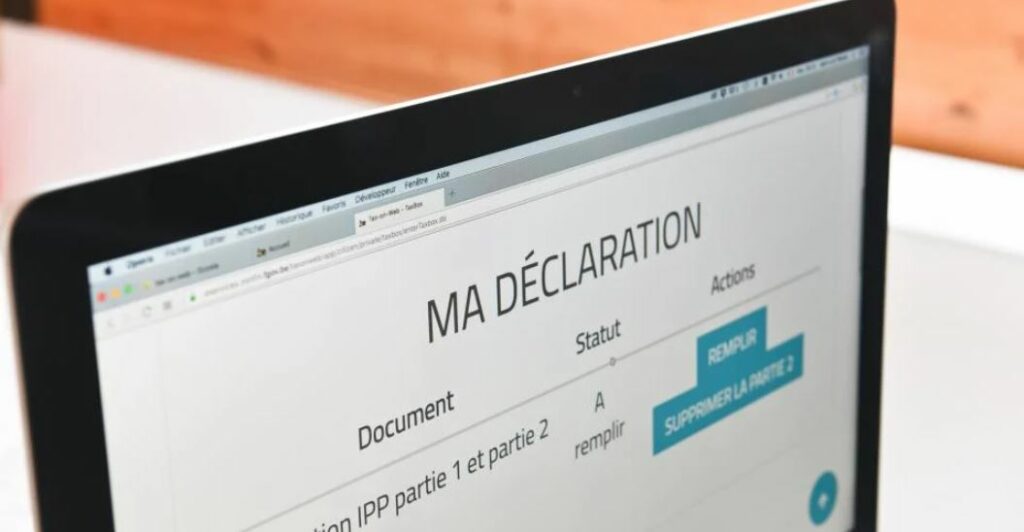Belgium's infamous bureaucracy can make it daunting to start working as a freelancer – especially for international citizens. From residency documents to paying taxes and setting up social security, here is a guide to help you figure it out.
Contrary to some other countries, Belgium does not have a special statute for those wanting to work a freelance job. Whether they are journalists, IT specialists or consultants, all people who work on a freelance basis (ie. who performs a profitable professional activity without being bound to a specific employer by an employment contract) must register as self-employed (indépendant(e) in French, zelfstandige in Dutch).
While the process of setting up your business as a freelancer doesn't pose too many issues for Belgian and EU nationals, there is additional paperwork for non-Europeans.
Do you need a residence permit?
Non-Belgians planning to become self-employed in Belgium must first assess which authorisations to work they need. This will allow them to check which residence documents (if any) they need.
While EU citizens living in Belgium follow the same procedure as Belgians when setting up a company, non-EU nationals who work in Belgium have to apply for and obtain a work authorisation – called a "professional card". You can find more information on how to get one here.

Credit: Pexels
Non-EU nationals carrying out their professional activity in Belgium will also have to apply for a long-stay visa (visa type D) at the Belgian embassy in their country of residence. This can be done on the basis of their professional card once that application has been approved. More on that here.
The D-Visa then allows them to register with the local Belgian authorities to get a residence permit. This will be valid for as long as the professional card, usually two years.
Once all that is done, how do you set up as self-employed?
Having completed the paperwork for non-EU citizens, the first step is to register your business with the Crossroads Bank for Enterprises (CBE) in order to receive your unique company number – which can also be used as a tax and social security number.
Registering with the CBE is done via one of the eight approved business portals (such as Acerta, Xerius, Partena...). You will need your national registry number, the bank account number you want to use for your business, a business name (for most freelancers, this is their own name) and the address of the business (often your own address if you don't have dedicated premises).
You then must choose a type of company (most freelancers go for 'sole proprietorship' – personne physique or eenmanszaak), indicate what your activities will be, and choose a date to start your business. More information here.
Afterwards, you also choose a VAT regime (Subject to VAT, VAT Exempt because of your profession, VAT exemption for small businesses, or mixed VAT status) and indicate whether to file your VAT returns monthly or quarterly.

Minister of the Self-Employed David Clarinval. Credit: Belga/Laurie Dieffembacq
What about social security?
Once you have gone through the requirements for work and residency authorisation, you must sign up for a social insurance fund for self-employed people and start paying social security contributions in Belgium – giving you access to social security rights for medical care, pensions, child benefits, work incapacity and sickness.
Self-employed people must actively pay social security contributions on a quarterly basis (every three months). The social insurance fund will send payment notices. Payments are calculated according to the annual net taxable income.
Those who have just started and do not yet have a defined annual income must pay a statutory minimum contribution – with provisional payments of around €900/quarter. Once your activity is up and running, the quarterly contribution will be calibrated to your income; the maximum is just under €5,000.
Once you have been self-employed for two years the tax administration will notify the social insurance fund about your actual annual net professional income, after which the fund will calculate your final social security contributions. If you have paid too much, the difference will be refunded. If you have been underpaying you will be asked to pay the difference. More general information on social security can be found here.
How do taxes work?
By deducting all your professional expenses and social contributions from your turnover, you arrive at your net taxable income – the amount on which you will have to pay taxes. Freelancers are taxed under the personal income tax regime (with progressive tax rates), meaning that the more you earn, the higher the rate of tax.
These are the tax brackets for the tax year 2024 (based on the income of 2023):
Bracket 1: €0,01 - €15,200 25%
Bracket 2: €15,200 - €26,830 40%
Bracket 3: €26,830 - €46,440 45%
Bracket 4: Over €46,440 50%
Importantly, these rates also apply to earnings within each bracket, meaning that if you earned €30,000 in 2023, you will pay 25% on the amount up to €15,200, 40% on the amount between €15,200 and €26,830, and 45% on the remainder.
Depending on where you live, you might also be required to pay a communal or municipal tax (tax communale or gemeentebelasting), which can range from 0% to 9%. For 2024, accurate rates per municipality can be found here.

Credit: Belga
International residents in Belgium follow the same rules as citizens; they must file an income tax return each year and pay tax on their worldwide earnings. More information about expat tax rules can be found here.
Additionally, the Belgian authorities provide a tax calculator (available in Dutch, French, and German) where you can estimate the amount of personal income tax you would be paying each year.
Importantly, for those who do not have time or can no longer see the forest for the trees in Belgium's administrative maze, it is also possible to get an accountant to sort out all essential tasks for you.

